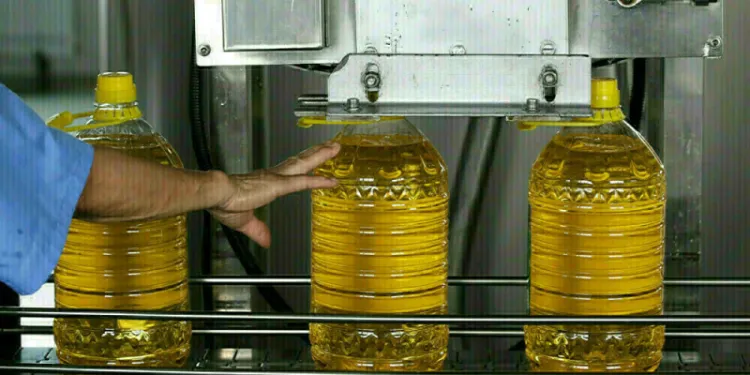Gloomy prospects await Malaysia’s economy as the global price of rubber and palm oil continues to decline, but the hardest hit are the nearly half a million rubber tappers and smallholders already struggling with the ever-rising cost of living.
If previously some could earn up to RM1,500 a month, many now said they could only bring home a meagre sum of between RM500 and RM600 – roughly a 66% drop in income since early this year.
For Zulkifli Husin, 61, the owner of a rubber plantation in Kampung Peradong, Jelebu in Negri Sembilan, his life is as the Malay proverb says, “kais pagi makan pagi, kais petang makan petang” (living from hand to mouth).
Rubber tapping is the only job he knows. He works a 1.2ha plot inherited from his father and the smallholding has been the main source of income for his family of five.
“Last time, I could save some money for my children’s needs, now to put away even RM1 is not easy.
“We have no choice but make do with whatever we have as food and other items are getting more expensive these days,” he told The Malaysian Insider.
As a smallholder, he said that he has no choice but to accept the weak rubber prices which had plummeted to RM1.60 per kg from RM3 per kg early this year.
More ominously, Zulkifli said he could not imagine his family facing the deciduous season next year, between February and March, when trees shed their leaves and are unable to produce much latex.
“On a good tap, we can get about 50kg per day but once the leaves fall off, the best we can manage is 25kg,” he said.
Zulkifli said living the rural life has somewhat cushioned the effect of the rising prices of goods and to reduce expenses further, he grows his own vegetables and raises chickens and goats.
“Luckily, things are not so expensive here.”
Despite receiving 1Malaysia People’s Aid (BR1M) and one-off special assistance of RM500 from the Smallholders Development Authority (Risda), the amount he said was not enough to cover expenses and needs, especially during the start of the school year and festive seasons.
Zulkifli’s plight paints a picture at ground level of the impact of plummeting commodity prices and how this severely impacts on Malaysia’s growth prospects.
A Wall Street Journal (WSJ) report on Tuesday said the drop was affecting government revenues and would also hamper its vision of becoming a high-income nation with developed nation status by 2020.
The heavy reliance on the export of oil, palm oil and rubber means the decline in global prices for these commodities will hit Malaysia the hardest.
Plantation worker, Mohd Shamsul Hashim, 32, said tapping could not sustain his family as he has five small children, between the ages of three and 12.
He said he had to take on a despatch rider’s job on a part-time basis to survive.
“I get about RM1,200 per month for that. But I spent roughly RM800 a month just on the children.
“Without a part-time job, I don’t think I can survive,” he said.
Many tappers, said Shamsul, had to be innovative by finding another source of income following the drastic drop in price of the commodity.
Some, he said, resorted to odd jobs, such as clearing gardens, carpentry and others.
“If that is still not enough, they will borrow some money or take an advance from wholesalers.”
Noraznim Nordin, 38, a licensed rubber wholesaler described the drop as the worst in four years.
“Rubber prices reached its peak in 2012, about RM6.
“Now, it has dropped to the lowest price ever of RM1.80 per kilo. The lowest I experienced was RM2.70 per kg,” she said.
To cushion the impact of a price drop, Noraznim said the government should control the floor price for rubber and not allow it to fall below RM3.
“Rather than giving BR1M to the people, the money could be channelled to Risda to control the price of rubber.”
Malaysia remains the world’s second-largest producer of rubber and palm oil, with the 25% and 16% drop in both commodities, respectively, having a severe impact on revenue.
The WSJ reported that the negative effects of plummeting oil commodity prices have had a severe impact on Malaysia’s growth prospects and government revenue. – November 21, 2014.



























